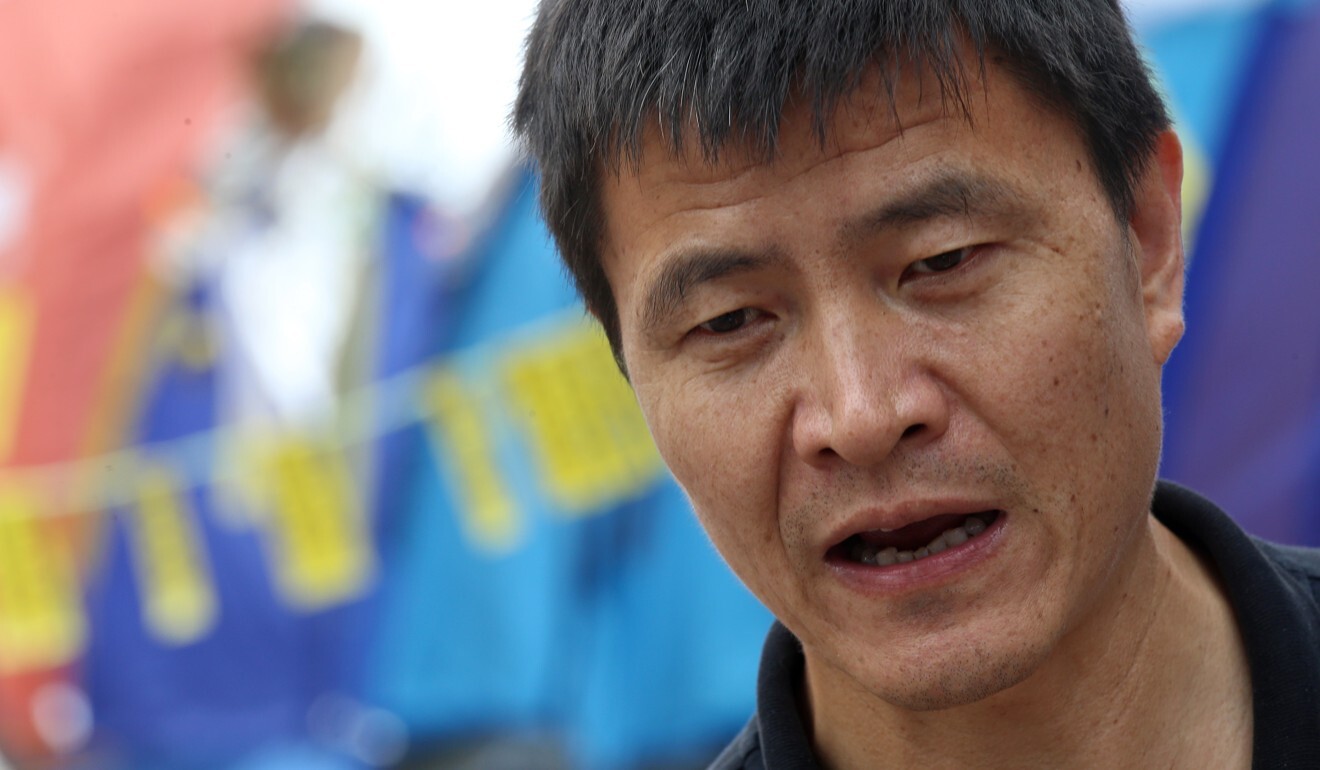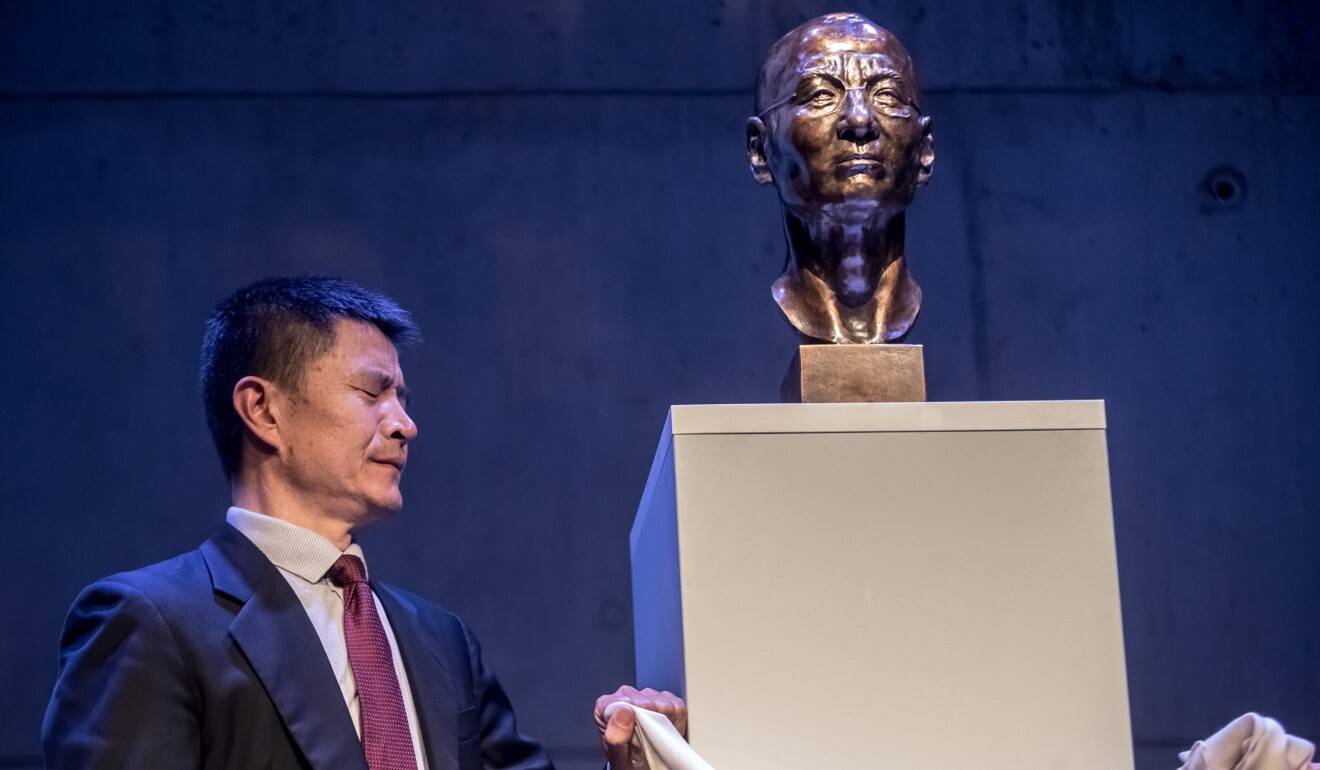
Zoom closes account of US-based Chinese dissidents after Tiananmen conference
- Participants joined Zoom meeting from China to listen to testimonies of people targeted in 1989’s bloody June 4 crackdown on pro-democracy protesters
- Days later, the paid Zoom account the group set up for the event had been disabled, says activist Zhou Fengsuo

Videoconference giant Zoom closed down the account of exiled dissidents in the US after they used the platform to host a forum about Beijing’s bloody Tiananmen Square crackdown on protesters in 1989.
The event on May 31 saw participants dial in from China to listen to the testimonies of a number of people tied to the events of June 4, including the mother of a slain protester, a Beijing resident imprisoned for 17 years for his participation, and multiple exiled student leaders.
On Sunday, organisers discovered that the paid Zoom account that they set up for the forum had been disabled, said Zhou Fengsuo, a US-based human rights activist and president of Humanitarian China, the group that hosted the event.
A statement from Zoom, which is accessible from within China without a VPN, suggested that it had taken the action because participants joining the conference from China had violated “local laws”.

“Just like any global company, we must comply with applicable laws in the jurisdictions where we operate,” a company spokesperson said. “When a meeting is held across different countries, the participants within those countries are required to comply with their respective local laws.”
The company did not respond to requests to elaborate on what laws had been broken and whether it had decided to disable the account after being contacted by Chinese authorities.
By Wednesday, Zoom had reactivated the account, the spokesperson said, without giving a reason for why it did so.
Following the disabling of the account, its owners contacted Zoom to demand an explanation and to push the company to refund their payment or reinstate the account, according to correspondence seen by the South China Morning Post. Zoom did not respond to that message, Zhou said.
Zoom’s closure of the account was first reported by Axios.
The three-hour conference marking the 31st anniversary of the June 4 crackdown – in which hundreds, possibly more than 1,000, were killed – drew about 250 participants, said Zhou, a leader of the protests.
He said the organisers decided to use Zoom to include people who might not otherwise have exposure to information about June 4, which, along with the weeks of pro-democracy protests that led to the military crackdown, is a highly sensitive subject in China.
Organisers tried to avoid the attention of China’s authorities by publicising the event on platforms like WeChat, China’s most widely used messaging platform, only two days before it was to take place.
“We had to keep it secret,” Zhou said.
The event marked the first time so many high-profile figures with direct ties to the 1989 pro-democracy movement had come together in one space, said Zhou, who kicked off the conference by playing The Wound of History, a Chinese song written to commemorate the June 4 movement.
Other speakers included Zhang Xianling, a member of Tiananmen Mothers, a group of human rights activists led by mothers of protesters believed to have died in the crackdown.
“Thank you all for coming here today to mourn the departed souls of those sacrificed on June 4, and condemn the government’s bloody crackdown,” Zhang said in a pre-recorded message from Beijing.
“Over the past few decades we have been taking a stand against the government, and we demand that the government disclose the truth about the massacre, and immediately apologise and offer compensation.”
Zhang said in the message that she remained under close surveillance and followed by police officers whenever “sensitive days” arrived, including June 4 and Ching Ming Festival, a day for honouring ancestors.
The Zoom event also featured pre-recorded testimony from Dong Shengkun, a Beijing resident who spent 17 years in prison for his participation in attempts by local workers to block the arrival of troops bearing down on the Tiananmen protesters in 1989.
“The great democratic and patriotic movement of 31 years ago has already been forgotten by many people,” Dong said. “But we have not forgotten, nor can we, because it carries so, so much weight for us.”

Zhou called the account interruption “outrageous”.
“I’m very angry of course, that even in this country, in the United States … we have to be prepared for this kind of censorship,” he said.
The episode was not the first time Zhou’s online activism appeared to fall foul of a Western internet company’s deference to China’s domestic regulations.
Last year, the professional networking site LinkedIn hid his page from users within China, citing the company’s obligations to adhere to the “requirements of the Chinese government”. Following media reports on the company’s censorship of Zhou, LinkedIn reversed course, claiming that the page had been “blocked in error”.
Zoom’s moves against Zhou may exacerbate concerns over security and user privacy on the platform, usage of which has surged during the coronavirus pandemic as more employees work remotely.
In April, the company – already facing a backlash over vulnerabilities that allowed sessions to be hacked in a process now known as “Zoom bombing” – admitted that some calls between users in North America had been mistakenly routed through servers located in China, along with the encryption keys used to protect the data of those calls.
Beginning in April, the company froze feature upgrades for 90 days, instead focusing all of its engineering resources on addressing privacy issues.